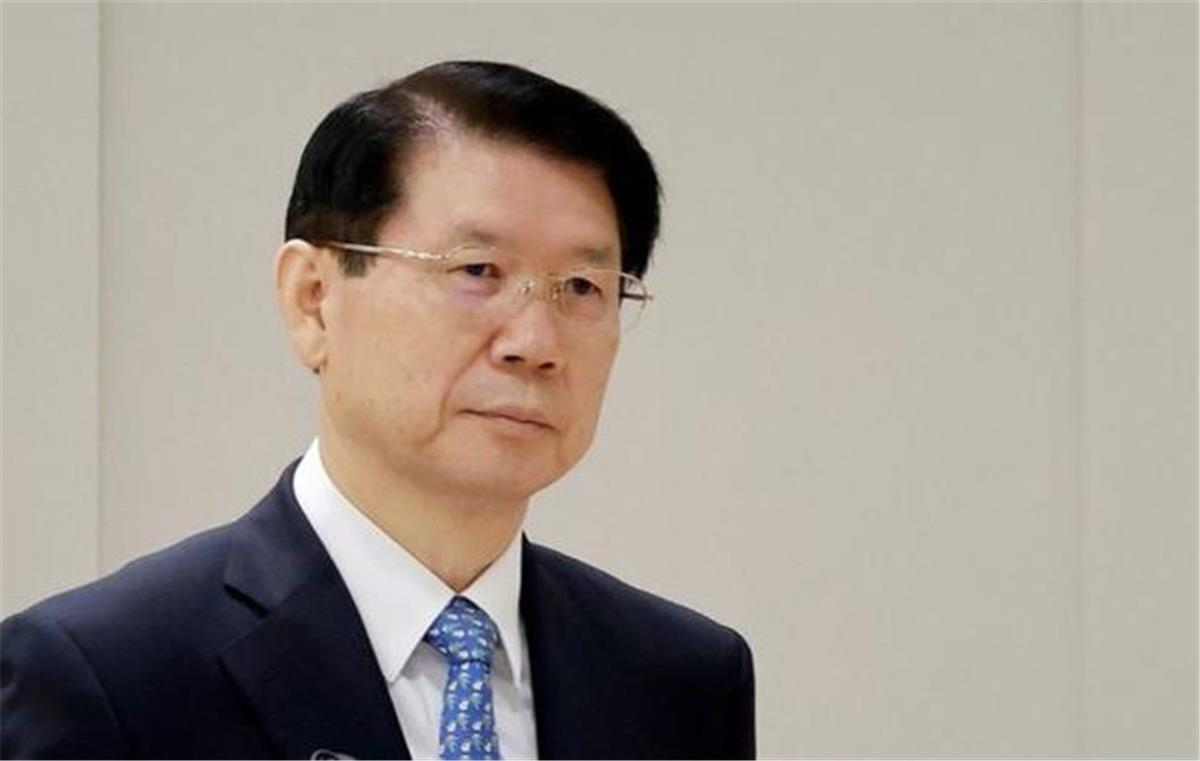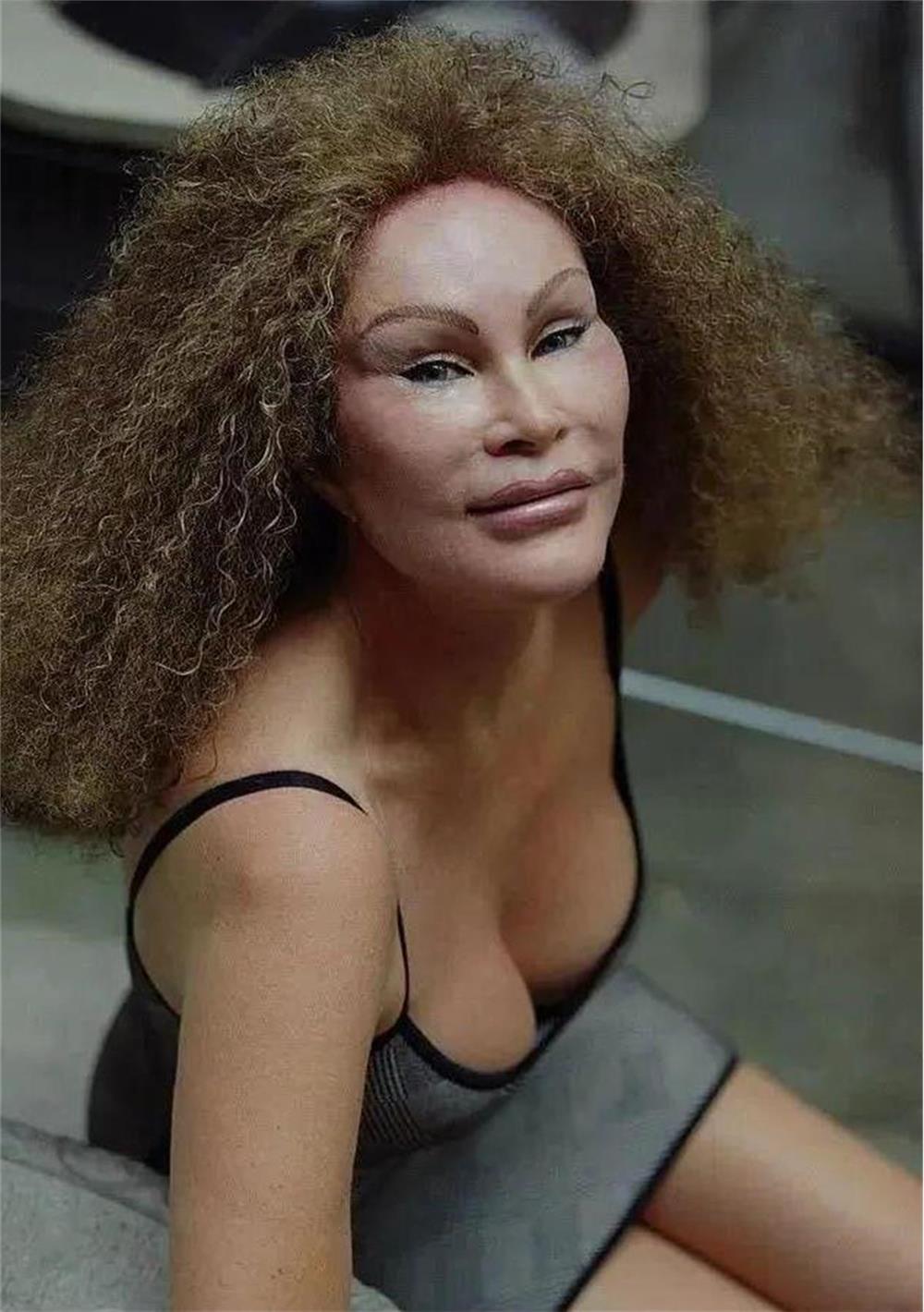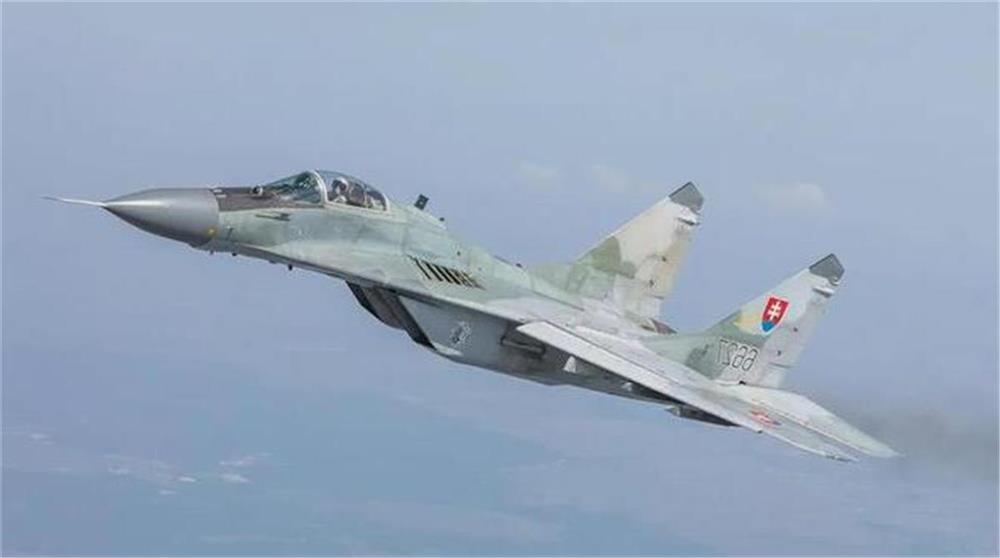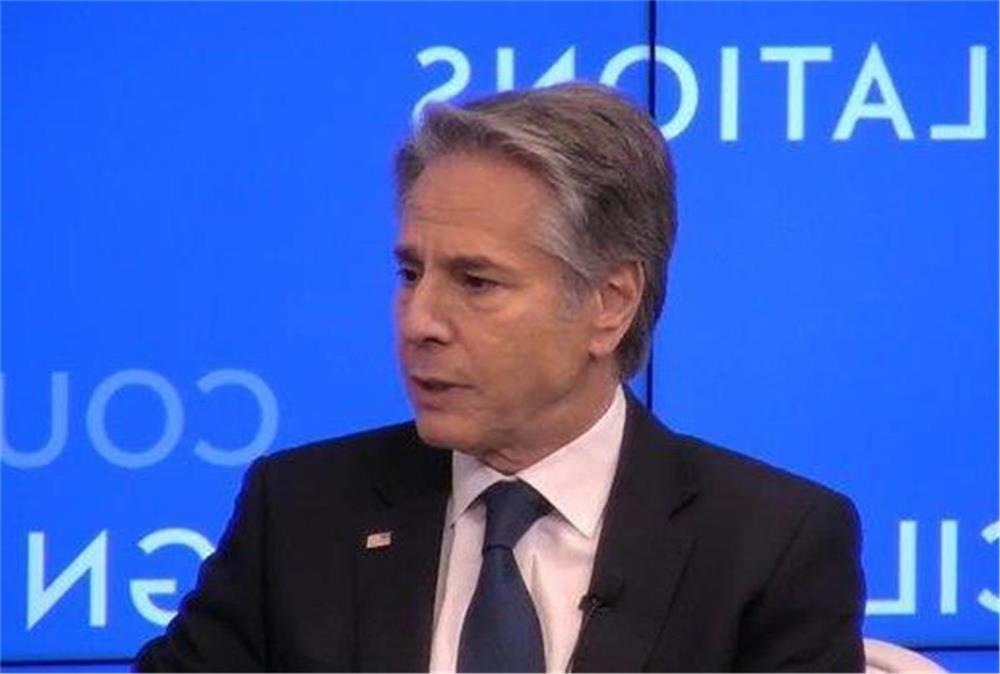Prosecutors file charges against presidential guards who blocked arrest warrant for Yoon Suk-yeol

South Korea's Special Prosecutor's Office (SPC) said it discontinued an arrest warrant for President Yoon Suk-yeol at 1:30 p.m. local time on Saturday after being unable to enter the presidential office to carry out the order.
"After a long standoff, we've made the decision to discontinue the arrest warrant," said SPC Chief Kang Young-keol in a statement, adding that the office "deeply regrets" Yoon's refusal to comply with the judicial process.
Meanwhile, a special investigative body called the "Joint Investigation Team," which was created by the SPC, said it has decided to file charges against the chief and deputy chief of the Presidential Security Service (PSS) for "obstruction of special public duty" and requested that they attend an investigative hearing on Sunday.
The PSS, modeled after the United States Secret Service, is an autonomous organization that is not under the command of any other government agency. Its primary responsibility is to provide personal protection to the president, prime minister, and their families, as well as to manage the security arrangements when foreign dignitaries visit South Korea. This personal protection extends even after the president leaves office, for a period of 10 years. After that, the security detail for a former president is transferred to the National Police Agency of South Korea.
The current chief of the PSS is Park Jong-jun, and the deputy chief is Kim Song-hoon. Park was hailed as "the last soldier protecting Yoon" after he and the PSS guards' refusal to comply with the arrest warrant on Saturday.
According to the Joint Investigation Team, "We began executing the arrest warrant for Yoon today, but failed to complete the task due to illegal obstruction by the PSS. We have filed charges against the chief and deputy chief for obstruction of special public duty and requested their appearance tomorrow. In this situation, the Emergency Martial Law Special Investigation Team should be in charge of security affairs."
After the SPC personnel entered the presidential office compound on Saturday, the PSS agents, armed with walkie-talkies, blocked their path. There were reports of minor physical confrontations between the two groups.
According to local media, the SPC staff presented the arrest warrant to Park and requested his assistance, but Park refused to allow the arrest warrant to be executed on the grounds of the "National Safety Zone Act." The National Safety Zone Act states that, in the event of an emergency, the PSS is authorized to establish a "National Safety Zone" around the presidential office and may regulate traffic, detect harmful substances, control pedestrian movement, and maintain emergency order within the zone.
Citing this regulation, Park said that the PSS "cannot assist in the execution of the arrest warrant, as it goes against our duties." Furthermore, the presidential office had also expressed that it had no authority to direct the PSS to cooperate with the arrest.
Park was born in 1964 in a small town near Gongju, a city located between the South Korean capital of Seoul and the country's fourth-largest city, Daejeon. He graduated from Gongju High School as the class valedictorian and went on to earn his degree from the Korea Police University, also as the top student. In addition to receiving his civil service qualification through the examination, he also obtained a master's degree in public administration from Syracuse University in New York State, U.S.
Park then rose through the ranks of the police force, serving as the director of the investigation bureau of the Seoul Metropolitan Police Agency, the chief of the Chungnam Provincial Police Agency, and the deputy head of the National Police Agency.
Park then attempted to transition into politics, but failed to win a seat in the National Assembly in both the 20th and 20th elections, representing Gongju and Sejong City, respectively. However, during his brief political career, Park served under former President Park Geun-hye's Saenuri Party (now named People Power Party). Park was appointed as the deputy head of the presidential security office during Park's presidency, and he once pledged, "I will not let anything go wrong with the president's security."
In September 2024, Yoon appointed Park to succeed Kim Long-hyun (who was then appointed to head the Ministry of National Defense) as the head of the PSS. In his inauguration speech, Park said, "In South Korea's presidential system, the safety of the president and his family is directly linked to national security. I will strive to do my job perfectly."
While working for Park, Park Jong-jun formed a close friendship with former head of military intelligence Roh Sang-yoon, who is widely regarded as one of the masterminds behind the "December 3 Martial Law Coup." Information obtained by South Korean police from Roh's personal diary shows that he had written entries such as "Shoot the politician," "Shoot the reporter and TV producer," and "Shoot the media man."
Because of this connection, Park was summoned for questioning by the Emergency Martial Law Special Investigation Team on December 4 of last year. The chiefs of the National Police Agency, Cho Chi-ho, and the Seoul Metropolitan Police Agency, Kim Bong-sik, both testified that they received an anonymous call from Park on the morning of the martial law declaration. In the call, Park said, "The president wants to see you." Following the phone call, both Cho and Kim were taken to the presidential security house in the Samcheong-dong district, where Yoon was residing at the time.
However, Park denied having any prior knowledge of the martial law declaration in his testimony, saying, "I didn't even know about the martial law until I saw it on television." He added that he had not been in contact with Roh since his tenure at the Blue House ended. The PSS also issued a statement asserting that Park "did not have any knowledge about the martial law" and that "he did not attend the meeting but contacted the heads of the National Police Agency and the Seoul Metropolitan Police Agency to have an emergency meeting in the evening of the 3rd."
 Famous Persons
Famous Persons English
English
 Kelly
Kelly Facebook
Facebook Twitter
Twitter Pinterest
Pinterest Linkin
Linkin Email
Email Copy Link
Copy Link










